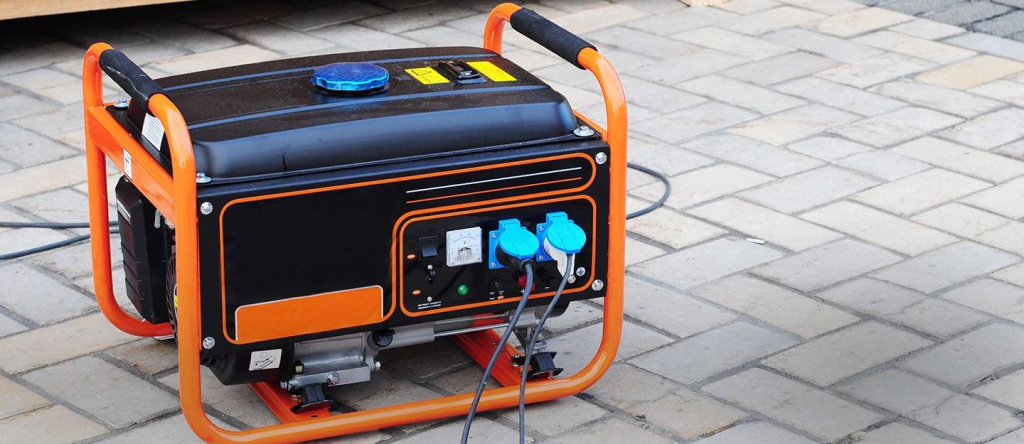
Unreliable power supply has become part of everyday life in Pakistan. Whether you live in a city where load-shedding strikes unexpectedly or in a rural area where outages last for hours, having a reliable backup solution is essential. That’s where electric generators come in. But with countless options available, knowing what to consider before making a purchase can save you money, time, and stress.
This guide covers the key points you should keep in mind when buying an electric generator, from sizing and fuel options to features and long-term costs.
Understand Your Power Needs
The first step in choosing a generator is to clearly understand what you need it for. Do you want a unit that powers just your lights and fans, or do you need one strong enough to run air conditioners, refrigerators, or even small office equipment?
To make this easier:
- List all appliances you want to run during outages.
- Check their wattage (usually mentioned on the appliance label).
- Add them up to calculate the total load.
- Leave an extra margin of 20–25% to avoid overloading the generator.
This will help you avoid two common mistakes: buying a generator that’s too small to handle your load or overspending on one far larger than necessary.
Choose a Trusted Brand
Once you know your requirements, the next question is which brand to trust. A generator is not just a short-term purchase; it’s an investment that should last for years. That’s why choosing a reliable brand is just as important as comparing features or prices.
One such trusted name is Hyundai Power, which offers much more than just generators. Their lineup includes power equipment, solar solutions, home appliances, lighting, gardening tools, and even industrial tools. What sets them apart is their balance of affordability and dependability. With good after-sales support and easy availability of spare parts, Hyundai Power gives you peace of mind that your purchase will serve you well in the long run.
Explore Fuel Options
Electric generators run on different types of fuel, and each option has its pros and cons:
- Petrol Generators: Affordable upfront, best for smaller households or occasional use. However, petrol is less fuel-efficient compared to diesel.
- Diesel Generators: More expensive initially but fuel-efficient and durable, making them ideal for businesses or extended use.
- Gas Generators: Cleaner and often cheaper to operate, provided you have a stable gas supply.
- Hybrid Generators: Some models can run on both petrol and gas, offering flexibility during shortages.
Think about what’s most easily available and affordable in your area. A slightly higher purchase cost may be worth it if the fuel is cheaper or easier to source.
Look at Features That Matter
Modern generators come with various features that make them safer and easier to use. While not all features are necessary, some are worth paying attention to:
- Automatic Voltage Regulation (AVR): Prevents damage to appliances from power fluctuations.
- Low Oil Shutdown: Protects the engine by switching off the generator when oil levels are low.
- Noise Reduction Technology: A quieter generator is much more comfortable for residential use.
- Portability Features: Wheels and handles make it easier to move heavy units.
- Inverter Technology: Delivers stable current, ideal for sensitive devices like computers.
Before buying, think about which of these features align with your household or business needs.
Don’t Forget Long-Term Costs
Buying an electric generator isn’t just about the upfront price tag. You should also factor in:
- Fuel consumption: A cheap generator that burns more fuel can cost more in the long run.
- Maintenance needs: Regular servicing is important; check if spare parts and service centers are easily available.
- Durability: A strong build may cost more upfront but saves on frequent repairs or early replacement.
Always compare the lifetime cost of ownership instead of just looking at the initial price.
Practical Buying Tips
When shopping for an electric generator, here are a few practical tips to keep in mind:
- Test the generator in-store if possible—listen to the noise level and check the start-up ease.
- Ask the dealer about warranty coverage and after-sales service.
- Read reviews or ask for recommendations from friends and neighbors.
- Avoid unbranded models that may look cheaper but fail when you need them most.
Conclusion
An electric generator can be a real lifesaver during power outages, but only if you choose the right one. By calculating your power needs, comparing fuel options, checking features, and focusing on trusted brands, you’ll find a generator that’s not just affordable but also dependable for years to come.
Remember, a generator is more than just a backup—it’s an investment in your comfort and productivity. With the right choice, you can face outages with confidence, knowing your home or business will keep running smoothly.